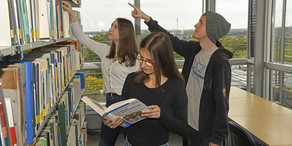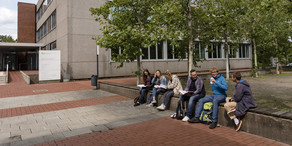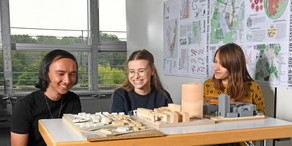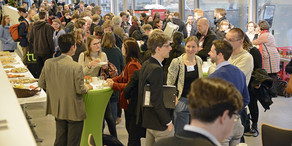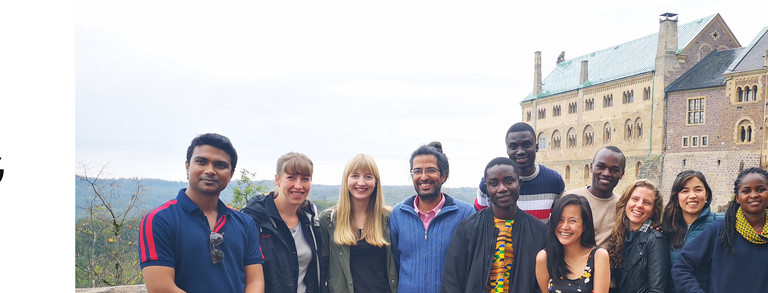SPRING Alumni Winter School in Valdivia, Chile
- SPRING
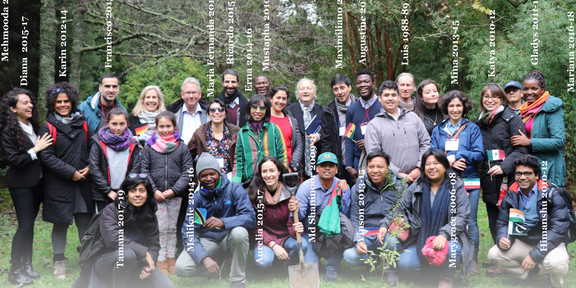
The 22 participants came from Bangladesh, Brazil, Ghana, Guatemala, India, Indonesia, Colombia, Mexico, Pakistan, Philippines, Zimbabwe and Tanzania.
By now, a remarkable 10% of the international alumni from Germany, Ghana, Iran, Mexico, the Philippines, Tanzania, who have completed their second year of studies in Valdivia, live and work in Chile.
The five-day Winter School was divided into lecture series on "SDGs Globally and regionally", "Sustainable cities and action for climate" and "The role of planner in implementing the SDGs", followed by podium discussions. The speakers included university professors and alumni as well as representatives of the local city administration and local experts.
For two whole days, the Winter School devoted itself to "Coexistence between wetlands and dynamic cities". Therefore the participants visited the "Centro Humedales Río Cruces - CEHUM" on the first day and discussed with the director of the center and two university representatives from the Center for Environmental Research of the Universidad Austral de Chile and the UREx Sustainability Research Network of Arizona State University about the importance of wetlands in city planning using the example of Valdivia.
On the second day, the SPRING Alumni visited the Cau-Cau Nagasaki citizens' group, which successfully campaigned to protect a neighbouring wetland and is now fighting with the city administration for participation in the management of the resulting public park "Parque Urbano y Deportivo Catrico". For this citizens' group, the alumni developed a concept to improve the dialogue with the city administration and how they can successfully participate in the park management and assume responsible positions.
The Winter School ended with the planting of 12 endemic species in the botanical garden of the Universidad Austral de Chile, organized by Prof. Dr. José Escaida. This action gave the participants the opportunity to reduce their ecological footprint - greatly increased by their flight - a little bit again






